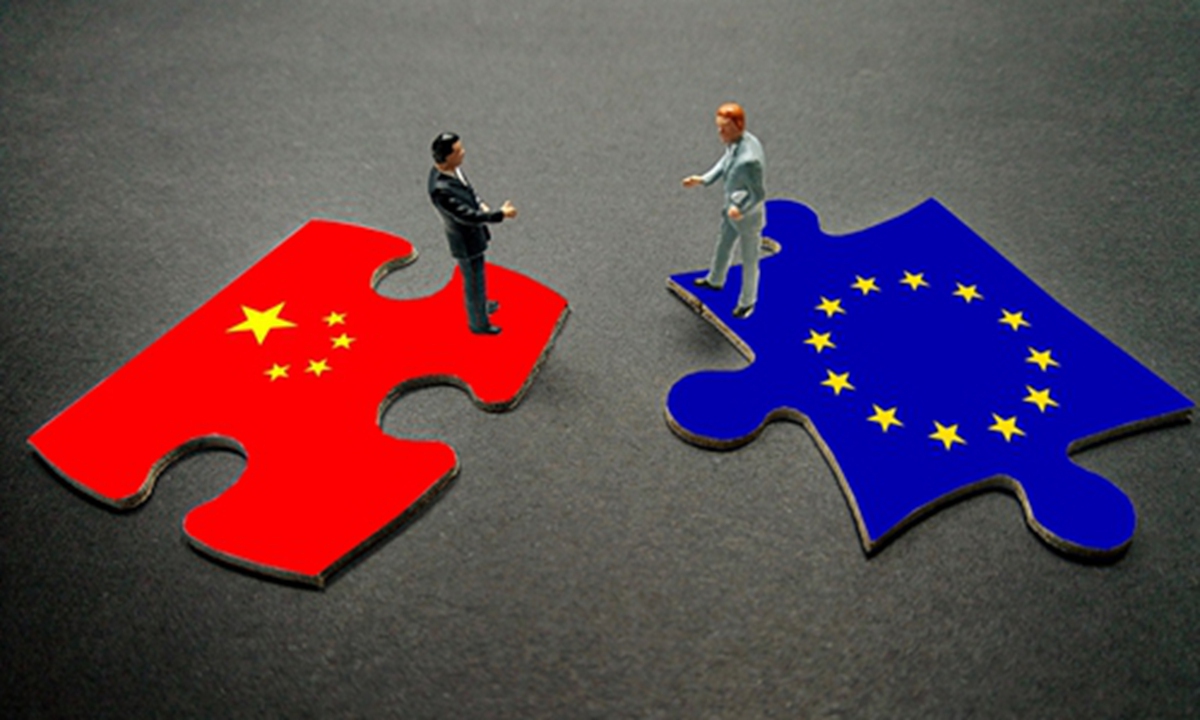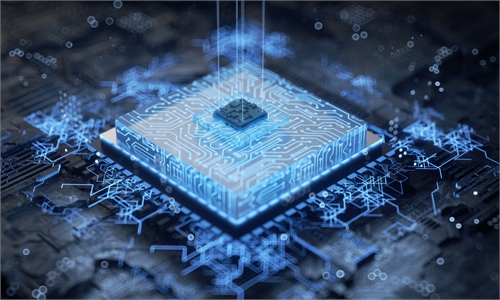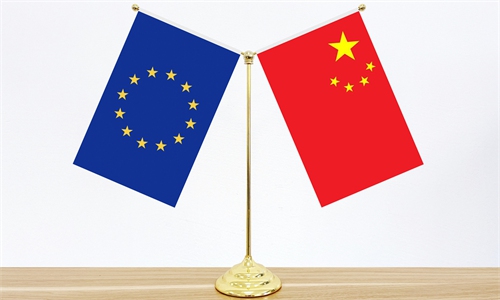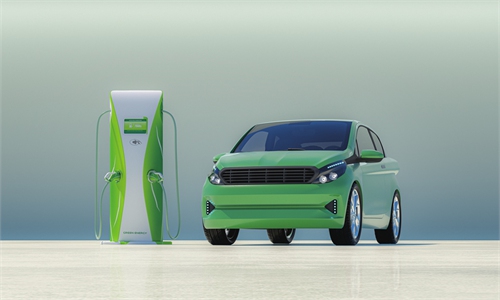EU official's China visit expected to build consensus, settle disagreements in bilateral trade: experts

Photo: VCG
Executive Vice President of the European Commission (EC) Valdis Dombrovskis started his trip to China on Friday, and experts and officials noted that the EU official is expected to seek more dialogue on cooperation, settling disagreements, and boosting bilateral trade ties.
According to media reports, from Friday to September 26, Dombrovskis will visit Shanghai and Beijing, and attend the 10th China-EU High-Level Economic and Trade Dialogue with Chinese Vice Premier He Lifeng on September 25.
"The EU official's visit will focus on the trade and economic ties between China and Europe, which indicates that there are still great common interests between the two sides in the field of trade and commerce," Cui Hongjian, professor with the Academy of Regional and Global Governance with Beijing Foreign Studies University, told the Global Times on Friday.
Cui noted that the visit is expected to build consensus and show that the Chinese and European economies are still more cooperative than competitive. "This is especially true now that China and Europe have formed an inseparable interdependent relationship in many areas," he said.
"Economic and trade relations remain the ballast of China-Europe cooperation, and both sides insist on free trade. China has become a very important driving force and source of vitality for Europe's recovery from the COVID-19 pandemic," Song Wei, a professor at the School of International Relations and Diplomacy at Beijing Foreign Studies University, told the Global Times on Friday.
However, China-EU trade and investment is facing some tension due to the EU's efforts to "de-risk" its ties with Chinese companies and investments.
Last week, European Commission President Ursula von der Leyen announced that the EU is launching a probe into Chinese electric vehicles, claiming the prices of imported Chinese vehicles are being kept "artificially low by huge state subsidies."
In semiconductors, the EU's European Chips Act, which enters into force on Thursday, calls for reducing the bloc's dependence on suppliers outside Europe.
"The two sides will seek more dialogue on how to promote cooperation and manage differences," Cui said, noting that the EU's recent moves regarding Chinese products and investments were aimed at increasing its bargaining chips.
Cui urged the EU not to introduce a zero-sum mentality into the economic field. "I think these fields [including chips and electric vehicles] are not points of disagreement, but should instead become points of cooperation between China and Europe," he said.
Former Irish Prime Minister Bertie Ahern said it took Europe's political and business systems decades to realize protectionism would not help, and "it was only when we did away with the tariffs and the restrictions and opened up trade, that development was realized."
"Every time we move away from restrictions, we develop more," Ahern told the Global Times on Friday on the sidelines of a bilateral cooperation forum focusing on landmark products.
"The idea that restrictions and going away from multilateralism will help anybody, is a big mistake," Ahern noted. "Businesspeople like to trade without restrictions and without borders."
John Clarke, director for International Relations at the European Commission's Directorate-General for Agriculture and Rural Development, told the Global Times on Friday that China and Europe need each other, and are very integrated in the global economy, which must continue. Clarke also stressed the importance of not letting political differences interfere in a concrete trade relationship.
When it comes to friction, Clarke said the two sides should work out the problems through cooperation.



